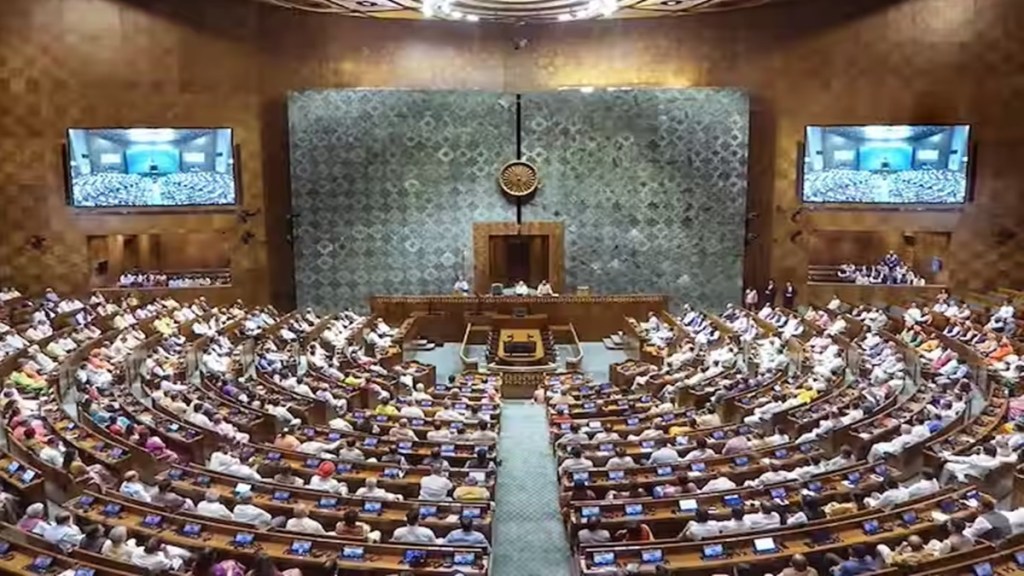Ahead of the winter parliament session 2023, scheduled to commence on December 4 and continue until December 22, the government has convened an all-party meeting on December 2.
Typically, the all-party meeting takes place a day before the session starts. However, this time it has been convened earlier due to the counting of votes for all five states – Mizoram, Chhattisgarh, Madhya Pradesh, Rajasthan, and Telangana – which will take place on December 3. Four out of the five states have completed the voting process, with Telangana’s voting scheduled for November 30.
Parliamentary Affairs Minister Pralhad Joshi, on behalf of the government, has called for an all-party meeting on December 2 at 11 am to discuss the upcoming winter session of Parliament, as India Today reported.
Previously, Union Minister of Parliamentary Affairs, Pralhad Joshi, confirmed the dates of the winter session. He stated, “Winter Session, 2023 of Parliament will commence from 4th December and continue till 22nd December having 15 sittings spread over 19 days. Amid Amrit Kaal looking forward to discussions on Legislative Business and other items during the session,” as posted on X.
The 2023 Assembly election results pose a significant obstacle to the ongoing session, where the government aims to pass crucial bills.
During this session, the Lok Sabha is set to table the Ethics Committee’s report on the ‘cash-for-query’ allegations against TMC MP Mahua Moitra. The House must adopt the report before any recommended expulsion by the panel can take effect,as PTI reported.
Several significant bills, including replacements for the IPC, CrPC, and the Evidence Act, are poised for consideration. The standing committee on Home has recently adopted reports regarding these particular bills.
Furthermore, another vital bill concerning the appointment of the chief election commissioner and election commissioners awaits deliberation in Parliament. Initially introduced during the Monsoon session, its progression was halted in the special session due to opposition protests and concerns voiced by former chief election commissioners.
The government aims to align the status of the CEC and ECs with that of the cabinet secretary, seeking parity, as they currently hold a status equivalent to that of a Supreme Court judge.


